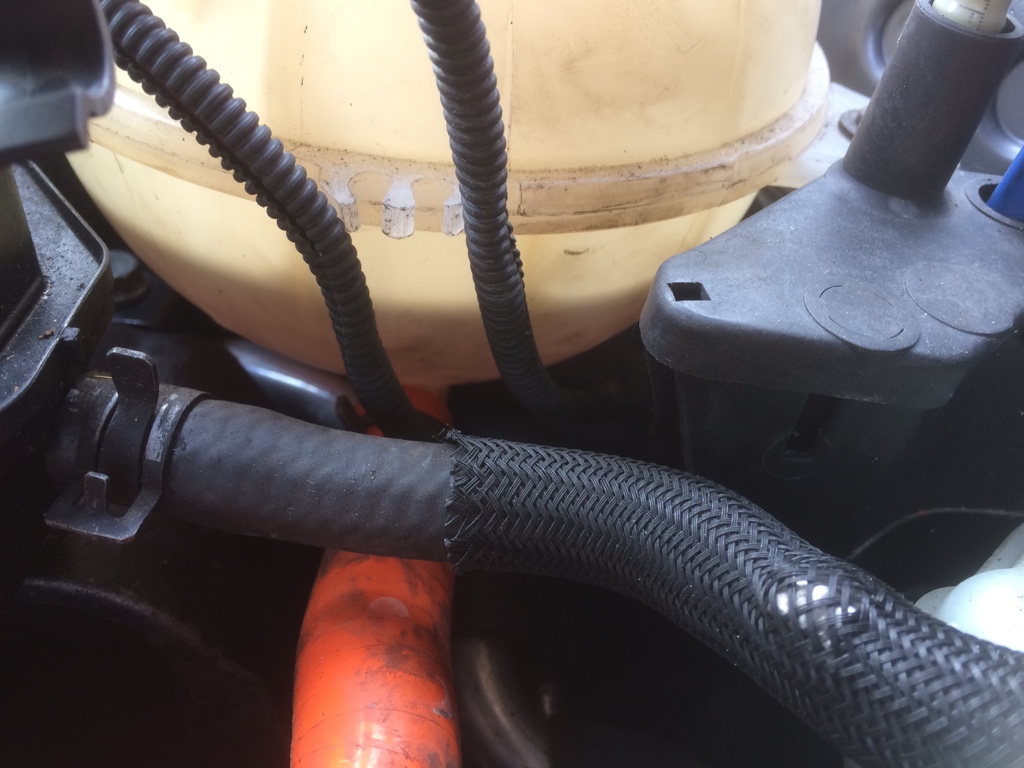You need to find the issue thats causing the water and oil to mix, not try and get around it by spending a load of money on waterless coolant.
I looked into this a few years ago and came to the conclusion that it's not worth the extra money and that if I changed the G12 every 4-5 years I wouldn't have any issues with corrosion.
A well maintained factory cooling system usually more than does the job.
The cost of materials and labor of converting an existing engine if you have to use the prep fluid is quite high compared with some G12 / G13 coolant every 5 years. If you had a coolant leak apart from the fact it would be expensive you couldn't top up with water you would need to carry some spare coolant with you all the while.
Considering what is actually in this the price is really expensive, probably to support all the advertising. If it was so good then I believe manufacturers would be using it, somebody like Ferrari , Aston Martin , Roll Royce etc wouldn't have an issue using it or something similar if it was that good.
I know the cause of my leak, and it was solved months ago. What I am doing now is upgrading the cooling system of both oil and water.
Applying the criteria of only doing what is financially sensible probably cancels out 90% of things discussed on this forum as upgrades and tweaks: that ship sailed long ago for me, and I could probably get by (and save loads of cash) with a modern car which requires nothing more than putting petrol in the tank. The fun of trying something new and different is what drives me, if you will excuse the pun; when I solve one problem with by rebuilt A3 money-pit, I start looking for something else to do, which is why this forum has relevance to me.
On Waterless Cooling, I have not considered the MPG factor: I don´t do enough mileage to worry about it. But there are some factors that did stand out for me, especially when I tell you that daytime summer temps here in Turkey can often go up to C40+.
What I will end up with ( we have already done the test fit on my mechanics Golf GTi ) is an unpressured water system. The liquid does not boil, and is stable up to C198. This means that with the engine at its hottest there is no steam = no pressure. The block is cooled more efficiently because the coolant is not vaporised as it passes the cylinders. With the car at its hottest I can open the water fill-cap and there is no pressure difference - it does not even "pop". Yes, if it leaks it will be expensive to replace, but otherwise the fluid will outlast the car, and can be transferred to the next car is I want. But every leak I have had here has been a pipe bursting under pressure; every pipe is now new and top quality, so ı will hope not to repeat that disaster. If it needs emergency coolant I can just add water, but that would create a new problem to get back to full waterless; so I don´t need to carry around a bottle of Evans.
So, yes, I could probably do it all cheaper, or mix my own concoction, or do nothing - but that would take all the fun out of it.
Ian






